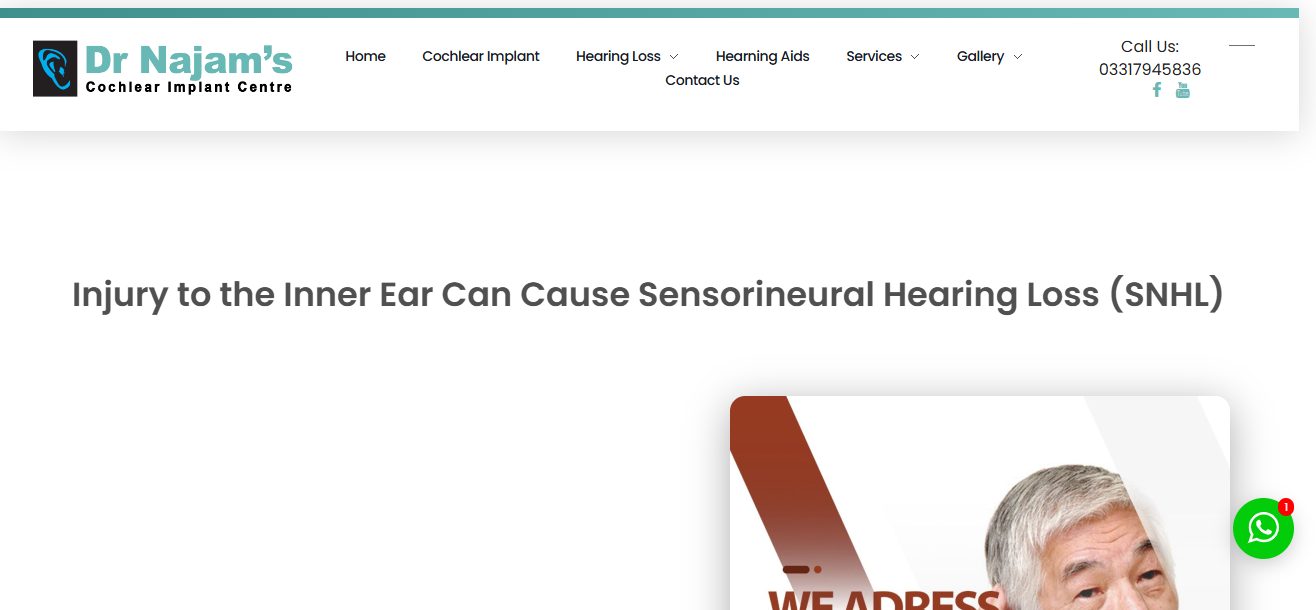End-of-life care is often misunderstood as a time of loss and decline, but in reality, it can be a meaningful phase of life filled with comfort, reflection, and dignity. Hospice services of Nevada are designed to provide compassionate care that supports patients and their families during this sensitive time. These services not only manage physical symptoms but also nurture emotional, spiritual, and psychological well-being.
In this article, we explore how hospice care in Nevada promotes a high quality of life by focusing on comfort, respect, and holistic support.
Understanding Hospice Services
Hospice care is a specialized form of healthcare for individuals facing a terminal illness, typically when curative treatments are no longer effective or desired. The goal is not to extend life indefinitely, but rather to ensure the remaining time is as comfortable and fulfilling as possible.
Hospice services of Nevada take this philosophy a step further by embracing a whole-person approach. The care team may include doctors, nurses, social workers, spiritual counselors, volunteers, and therapists—all working together to address every aspect of a patient’s experience.
Personalized Pain and Symptom Management
Physical comfort is a cornerstone of hospice care. Patients often experience pain, fatigue, breathing difficulties, nausea, and other symptoms. The hospice team works closely with patients to develop a tailored care plan that addresses these issues.
Some common strategies include:
- Medication management: Prescribing the right combination of medications to alleviate pain and discomfort.
- Therapeutic support: Using massage, aromatherapy, and physical therapy to improve physical well-being.
- 24/7 medical availability: Ensuring support is always accessible, whether at home, in a facility, or in a hospice center.
With this proactive approach, Hospice Services of Nevada help patients maintain control and dignity in their care.
Emotional and Mental Health Support
Facing the end of life can bring about a range of emotions—fear, sadness, anger, and even peace. Hospice care includes mental health services to help patients and families navigate these emotional challenges.
Hospice teams offer:
- One-on-one counseling: Licensed social workers and psychologists help patients cope with grief, anxiety, and acceptance.
- Family meetings: Open communication is encouraged to help family members prepare and understand the process.
- Caregiver education and support: Training and emotional guidance are provided to ease the burden on family caregivers.
By creating a safe space for expression and understanding, hospice care enhances mental and emotional resilience.
Spiritual Care and Meaningful Reflection
Spirituality often becomes more significant at the end of life. For some, it involves organized religion; for others, it may be about personal beliefs, life purpose, or connection to nature.
Hospice Services of Nevada offers spiritual support that is inclusive and individualized. Services may include:
- Spiritual counseling: Chaplains or spiritual advisors help patients explore their beliefs, resolve existential questions, or simply find peace.
- Legacy projects: Patients may be encouraged to write letters, create memory books, or record personal stories for loved ones.
- End-of-life rituals: The team respects and accommodates cultural or religious practices to bring comfort and closure.
This focus on spiritual wellness helps many patients find meaning, acceptance, and even joy in their final days.
Support for Families and Loved Ones
Caring for someone with a terminal illness is emotionally taxing and can become physically exhausting. Hospice doesn’t just serve the patient—it supports the entire family network.
Family support includes:
- Respite care: Short-term breaks that give caregivers time to rest or handle personal needs.
- Grief counseling: Professional help for family members coping with anticipatory grief and loss after the patient’s passing.
- Practical guidance: Help with legal, financial, and care-planning decisions.
When families feel supported and informed, they’re better equipped to provide love and presence without becoming overwhelmed. This, in turn, improves the experience for the patient.
Care Wherever You Call Home
Hospice care doesn’t require hospitalization. In fact, most patients prefer to receive care at home, where they feel comfortable and surrounded by familiarity. Hospice services of Nevada deliver high-quality care in a variety of settings, including:
- Private residences
- Assisted living or nursing facilities
- Inpatient hospice centers
This flexibility allows families to choose the environment that best suits the patient’s needs and wishes, reinforcing comfort and dignity.
Conclusion: A Compassionate Pathway to Peace
End-of-life care is one of the most emotionally profound experiences a person can go through. With the support of the hospice services of Nevada, individuals and their families can navigate this path with grace, dignity, and comfort. By addressing not just medical needs, but also emotional, spiritual, and familial concerns, hospice transforms what could be a time of suffering into a period of meaningful connection and personal growth.
If you or a loved one is facing a terminal illness, know that hospice isn’t about giving up—it’s about living fully and peacefully until the very end. Hospice services of Nevada are here to ensure that every moment matters.














Leave a Reply